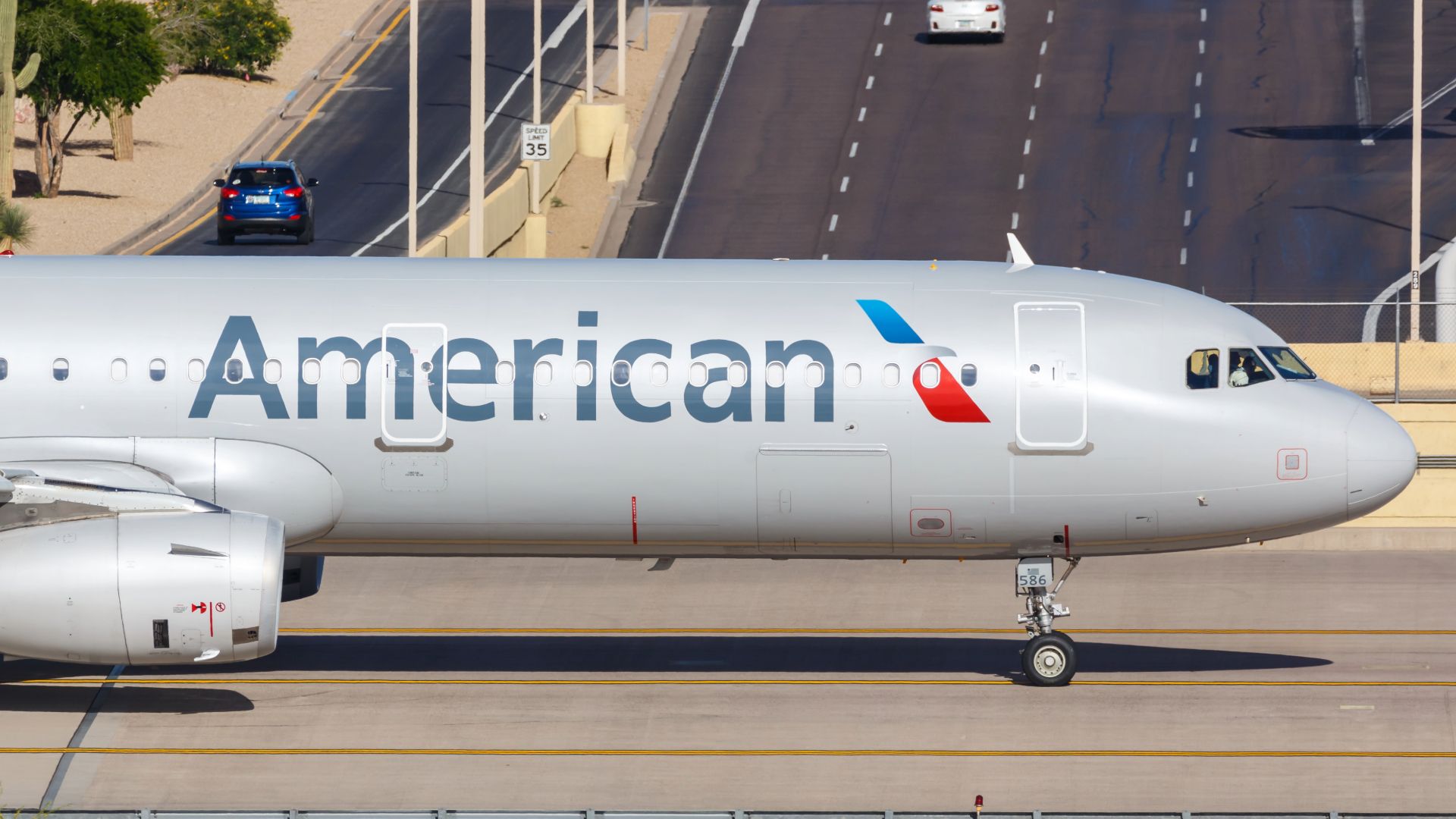Doug Parker, former CEO of American Airlines, and Rob Polston, CEO of Spartan College of Aeronautics & Technology, are championing efforts to recruit pilots from underrepresented backgrounds. This initiative addresses a significant challenge facing the aviation industry: a global shortage of qualified pilots, exacerbated by the impacts of the COVID-19 pandemic.
Addressing the Pilot Shortage
The aviation sector is grappling with a critical shortage of pilots, a reality highlighted by a report from consulting firm Oliver Wyman which indicated that 62% of global airlines acknowledge this issue. Parker noted that this shortage began to emerge towards the end of his tenure at American Airlines, creating operational challenges for airlines.
A shortage of pilots limits an airline’s ability to scale operations and expand its network. Furthermore, when operational disruptions occur—such as mechanical delays or adverse weather conditions—the impact is magnified without enough pilots to manage the situation effectively.
Rob Polston identified a significant barrier to entry into the aviation industry: the high costs associated with flight training. He stated, “The reason that it isn’t is because if you want to get money for flight training, you have to either go to a university and spend a lot of money to get a bachelor’s degree or a master’s degree, even in aviation management.” This financial hurdle often discourages potential candidates from pursuing careers in aviation.
Breaking Down Barriers
During his time at American Airlines, Parker observed a notable lack of pilots from underrepresented backgrounds. Following his retirement, he founded Breaking Down Barriers, a non-profit organization dedicated to increasing awareness of aviation training opportunities in underprivileged communities throughout the United States.
Parker pointed out the extraordinarily low representation of minorities within pilot and mechanic roles, stressing that inadequate federal loan availability for training further compounds the issue. The arduous nature of the interview process also deters many aspiring candidates.
In collaboration with Spartan College, Parker and Polston are working to expose talented individuals from diverse backgrounds to the world of aviation. Their joint efforts aim to identify and nurture the next generation of leaders within the industry.
Despite these initiatives, Parker and Polston acknowledge that substantial challenges remain. The aviation industry’s talent pipeline continues to face significant financial obstacles, making the path to becoming a pilot in the U.S. particularly daunting. As airlines experience waves of retirements in the wake of the pandemic, the pressure to expedite pilot training intensifies.
While carriers have made efforts to invest in their training pipelines, results have been mixed. The ongoing work by organizations like Spartan College and Breaking Down Barriers is crucial in addressing the pilot shortage and promoting diversity within the aviation sector.
As the industry continues to evolve, the initiatives led by Parker and Polston represent a vital step toward creating a more inclusive and sustainable future for aviation.
